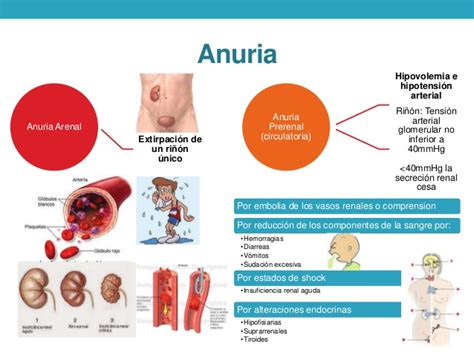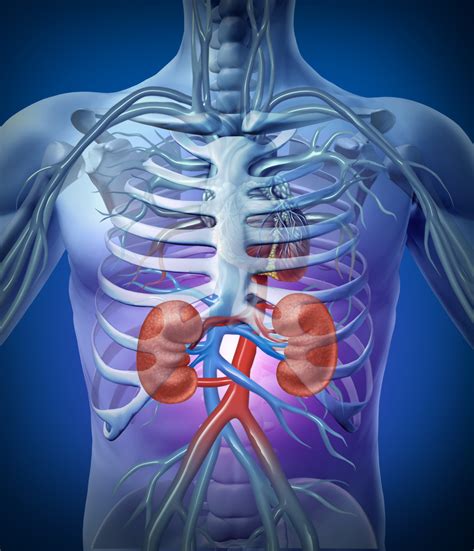

Anuria
Published Date: 6/17/2023 6:03:29 AM
- Anuria is non-passage of urine, in practice is defined as the passage of fewer than 100 ml liters of urine in a day. Anuria is often caused by a failure in the function of the kidneys. It may also occur because of some severe obstruction like kidney stones or tumors.
Some of the causes of anuria include:
- Diabetes: When a person’s blood sugar is consistently high, such as with uncontrolled diabetes, it can result in diabetic ketoacidosis, and damage to the small blood vessels in the kidneys. This can cause acute renal failure and poor or absent urine production.
- Kidney stones: These stones can cause blockages in the kidneys or ureters, the tubes that transport urine from the kidneys to the urethra where it is passed out of the body. These blockages mean the urine is unable to exit the body.
- Kidney failure: Acute kidney failure occurs when the kidneys stop functioning and are unable to filter urine anymore.
- High blood pressure: Also known as hypertension, high blood pressure can damage the blood vessels in the kidneys over time. Without treatment, high blood pressure can lead to permanent kidney damage and anuria.
- Tumors: A growth on or near the kidney can cause a blockage and keep urine from passing out of the body.
- Heart failure: When a person has heart failure the heart cannot pump enough blood around the body. Processes in the body kick in if there is not enough fluid in the blood vessels. One of these is the kidneys ceasing to make urine hold on to extra fluid.
- The exact treatment for anuria depends on the underlying condition that's causing it. Kidney disease may be treated with dialysis to remove fluids and waste. Ureteral stents may also help collect urine. A kidney transplant is considered a last resort.
- A simple way to treat oliguria is by increasing the number of fluids you take in. This can often be done at home by drinking more water or rehydration solutions that include electrolytes
What are the treatment options?
- If anuria is a sign of an underlying condition, treatment depends on what that underlying condition might be.
Diabetes management:
- Share on Pinterest. It is important for those with diabetes to monitor their blood sugar.
- People with diabetes should be careful to control their blood sugar levels. It is important to monitor blood sugar as directed, follow the prescribed diet and exercise regimen, and take all medication, as directed.
- Regularly following up with the doctor can also help to identify quickly when changes need to be made, and it can minimize the risk of complications.
Lifestyle changes:
- Making positive lifestyle changes is also very important for someone with high blood pressure. The doctor should recommend diet and exercise changes and may suggest medication to help keep blood pressure low, stress relief, and getting enough sleep are also necessary.
Removing kidney stones or tumors:
- Someone with an obstruction in the kidneys, such as from a kidney stone or tumor, will need to have it removed. This may mean surgery, medication chemotherapy, or radiation therapy to shrink or remove the tumor or stone.
Kidney disease management:
- Kidney disease is treated with dialysis, which is a procedure that removes excess fluid, electrolytes, and waste products from the blood. Dialysis is performed in an outpatient clinic, or the hospital if needed, 3 to 4 times a week.
- There are several ways to have dialysis. Normally, the blood is removed, passed through a special filter to take out the waste products, and then reinfused back into the body.
- Someone with kidney damage and who is on dialysis may be a candidate for a kidney transplant. Not everyone is a candidate for this type of surgery because of the risks and long-term care necessary afterward.
Mudra Therapy For Anuria: